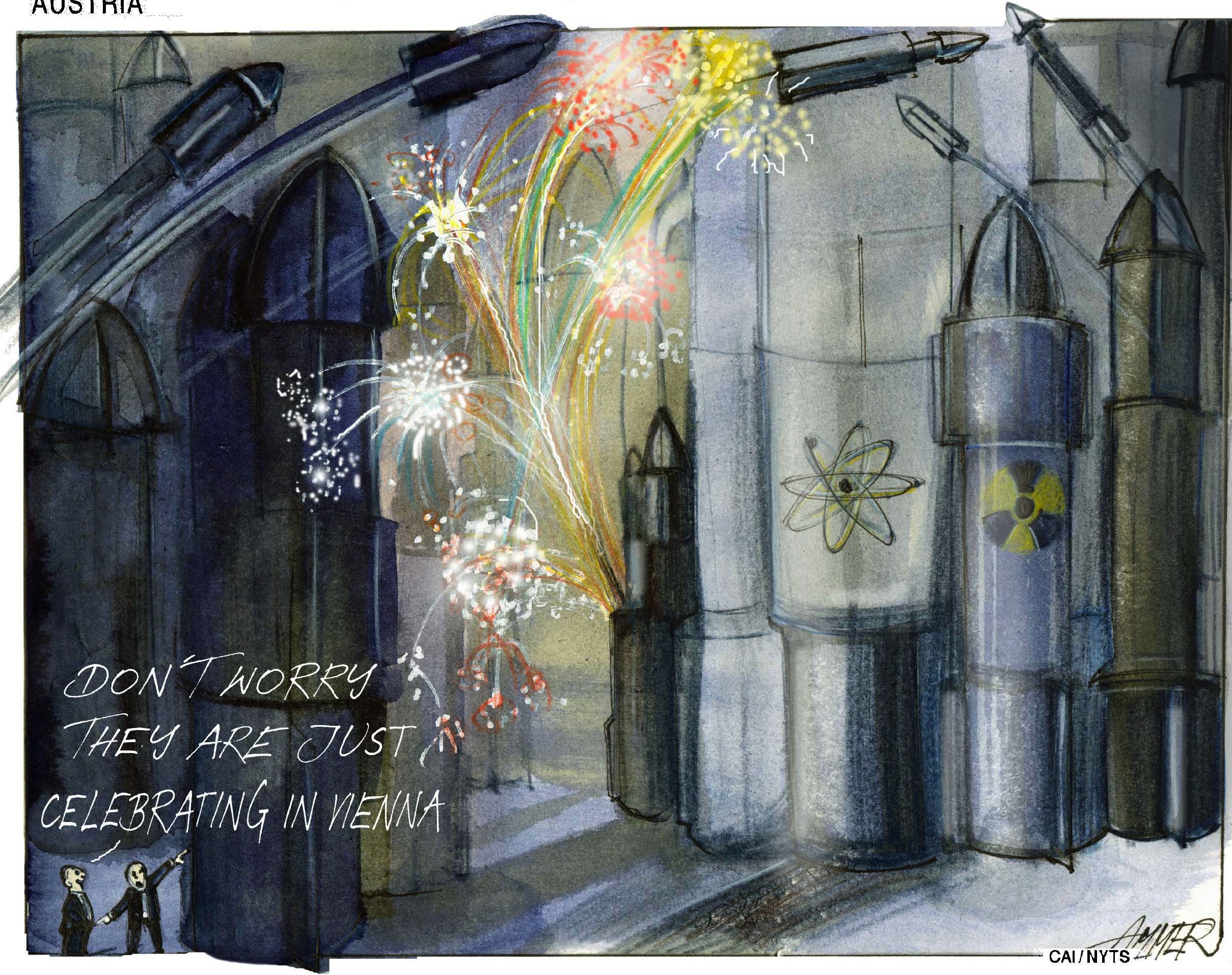The nuclear agreement between Iran, the five permanent members of the United Nations Security Council plus Germany, and the EU, comes at a historically propitious moment. Seventy years ago, the nuclear bombs dropped on Hiroshima and Nagasaki opened the darkest chapter in the long history of humanity's wartime horrors. Fire, bullets and bayonets were now joined by nuclear radiation — a silent, invisible killer like gas and biological agents.
After World War I, the international community adopted the so-called Gas Protocol, to prohibit the use of chemical and bacteriological weapons. Likewise, the demand to ban any use of nuclear weapons has been strong and persistent since the end of World War II.
But the states possessing nuclear weapons have always opposed such a ban, arguing that it would not be credible. Instead, they have recommended a step-by-step approach, eventually leading to a ban on the possession and production of nuclear weapons. After all, the same approach brought about today's strict limits on biological and chemical weapons.



















With your current subscription plan you can comment on stories. However, before writing your first comment, please create a display name in the Profile section of your subscriber account page.